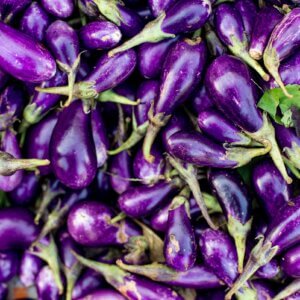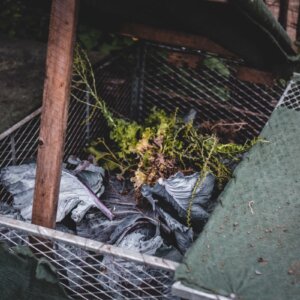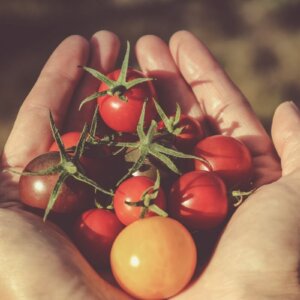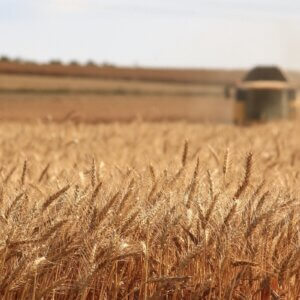|
||||||||||||||||||||||||||||||||||||||||||||||||||||||||||||||||||||||||||||||||||||||||||||||||||||||||||||||||||||||||||||||||||||||||||||||||||||||||||||||||||||||||||||||||||||||||||||||||||||||||||||||||||||||||||||||||||||||||||||||||||||||
Additional menu
Footer
Keep Browsing:

20 Pumpkins You Should Have Planted This Year

Butterfly Gardens Around the World

15 Earth Homes

Kombucha Fabric

Plastic Bottle Homes and Greenhouses

25 Free Rabbit Hutch Plans to House Your Furry Friends

81 Awesome Documentaries for Homesteaders

Can I Compost Pineapples?

Canning Peppers

Companion Planting For Eggplant

Homestead Stories: Snowdrops, the First Flowers of Spring

Are There Laws Against Backyard Chickens?

12 Office Plants to Add Greenery to Your Workspace

Galvanized Water Trough Planters

Farmhouse Table Plans

Quilting With Old Clothes

The Benefits of Raising Geese

Growing Cucumbers

How to Fix Stinky Compost

8 Best Plants for Clay Soil

Fork and Spoon Chandeliers

Gun Art

Darwin Orchid

10 Delicious Vegan Sandwiches for Back to School

U.S. Nuclear Power in Decline

Salvaged Wood Interior Walls

15 Calming Meditation Room Ideas

Edible Mushrooms

Why You Should Start Using A Clothesline

How To Cook Chicken Gizzards

Building With Hempcrete 101

Storage Sheds

How The Average American Uses Energy

Plastic Bottle Lights

10 Fun Tire Swing Ideas for Kids and the Young at Heart

How To Make Queso Fresco

Grow Healthy, Flavorful Fruit With The Best Fertilizer For Tomatoes

10 Gorgeous Winter Flowers To Add Color To Gray Winter Days

Upcycled Chairs

